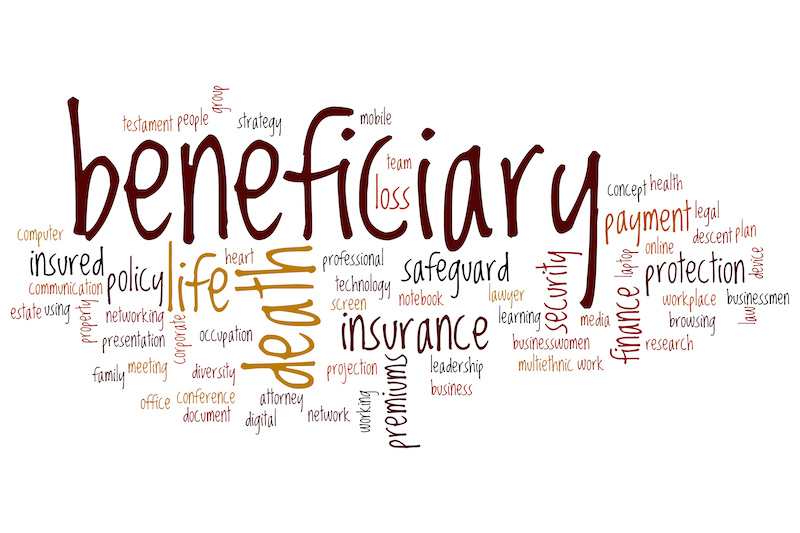
What Happens if Your Account and Property Ownership Do Not Match Your Estate Plan?
Don’t fall for a false sense of security because you completed your estate plan. Unfortunately, you could encounter a dirty trick. An unsuspecting family member may lurk in the shadows. The way you own your property may not match your estate plan. This could make your estate plan a meaningless relic. How can you ensure that your estate plan works the way you anticipate for your loved ones when the time comes? Read on to learn how to avoid estate planning nightmares.
Avoiding Estate Planning Nightmares

The key to ensuring that your estate plan will work the way you envision is understanding that how you own your money and property (i.e., how title is held) determines whether your will or trust, or neither, controls who will receive that money and property. A will only controls the accounts and property titled in solely your name or that do not have beneficiary designations when you die.
Survivorship: Sample Estate Planning Nightmares

So, if you jointly own a bank account or home (and are not the only owner) with a right of survivorship, the joint owner will likely inherit the account or home when you pass away rather than it going to a person you have named in your will. Because you were not the sole owner of the bank account or home, your will likely does not control who receives it. Rather, under the law, the surviving joint owner receives that property. The law assumes that if you had wanted your will to control who received that property, you would have held title differently.

Beneficiaries & Estate Planning Nightmares
Likewise, your trust instructions only control the accounts or property that are owned by the trust or that have designated the trust as the sole beneficiary after your death. (A beneficiary designation names who receives the money in an account or a piece of property at the owner’s death.) Regardless of what your trust says, it will not apply if the trust does not own or is not the named beneficiary of an account or piece of property

Surviving High Inflation
With inflation at a forty-year high, the rising cost of living is affecting everyone. While you may feel some level of distress as you watch the steady decline in your purchasing power, you do not have to sit idly by while it happens. Here are some things you can do to survive this time of high inflation, no matter how long it lasts:
- Reevaluate spending
- Consider a side hustle
- Use increasing interest rates to your advantage by investing even small amounts of money
About Skvarna Law Firm in Glendora and Upland, California

Let a skilled attorney assist with your estate plan. Contact us today to learn about your options (909) 608-7671. We operate offices in Glendora and Upland, California. We provide legal services for individuals living in San Bernardino, Los Angeles, Orange, and Riverside Counties. This includes the cities of Upland, Ontario, Rancho Cucamonga, Fontana, Colton, Rialto, Chino, Chino Hills, Glendora, Claremont, Montclair, Pomona, La Verne, San Dimas, Azusa, Covina, West Covina, Diamond Bar, Walnut, La Puente, Corona, Norco & Mira Loma. Visit SkvarnaLaw.com to learn more.


